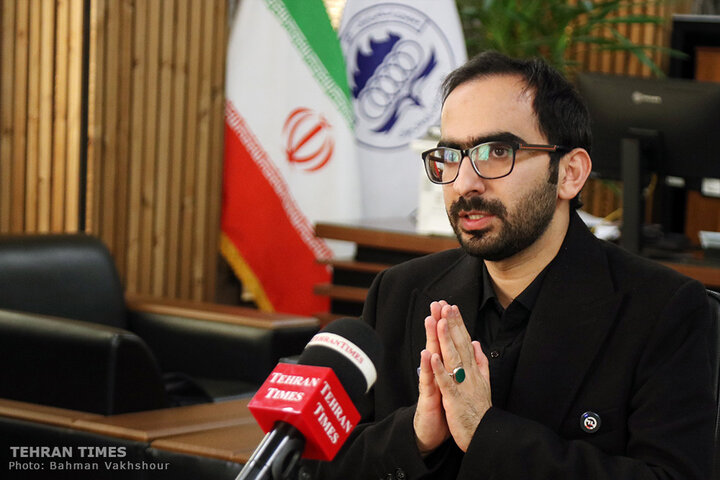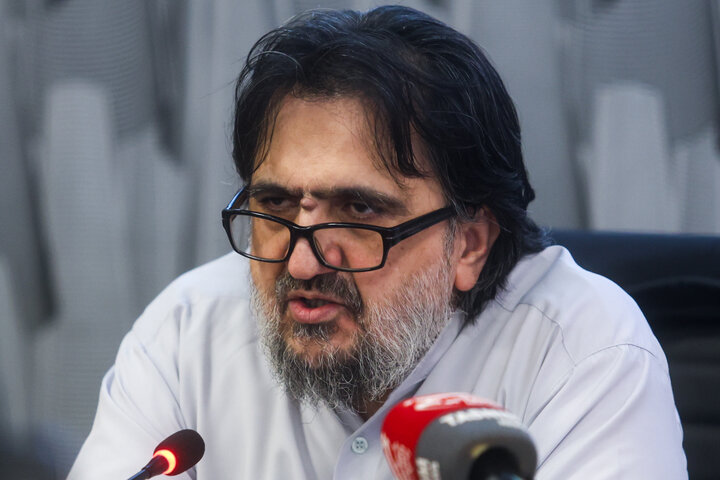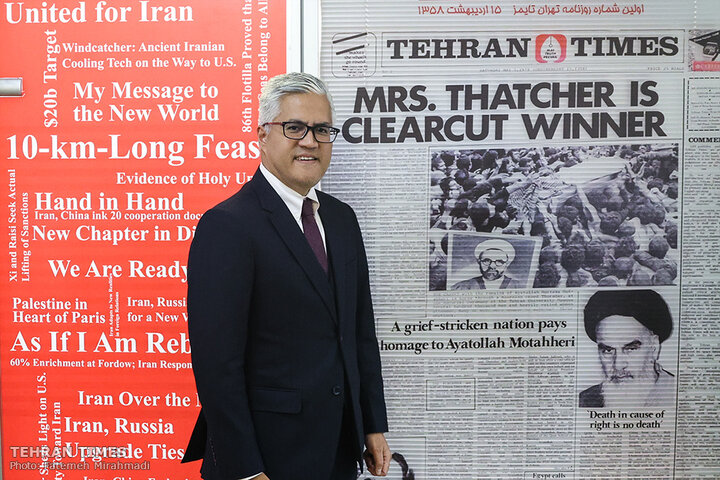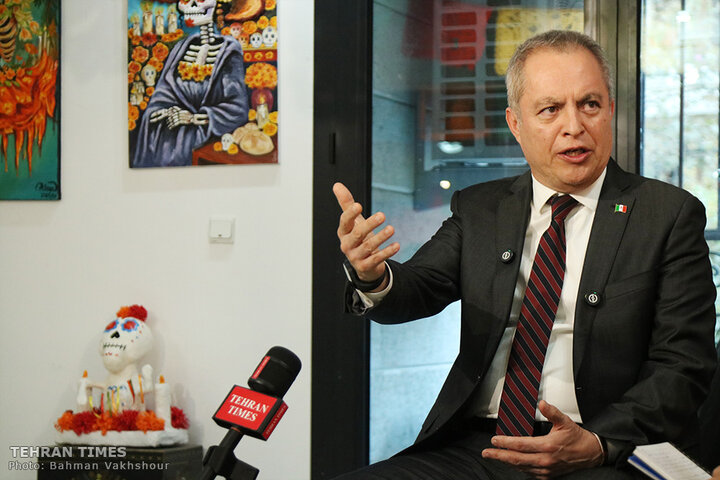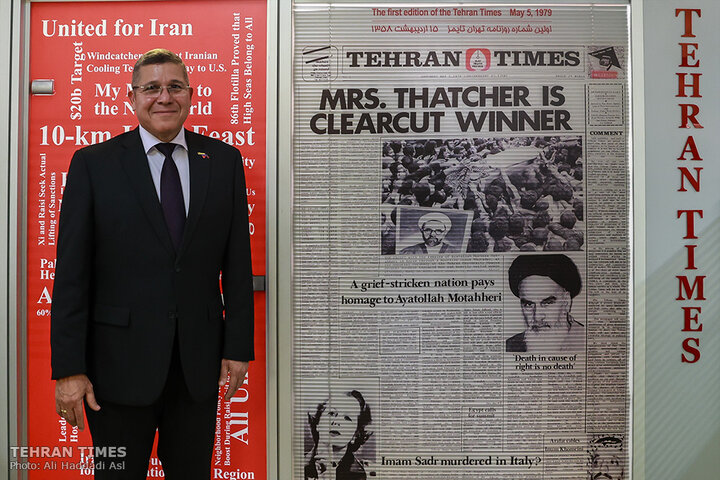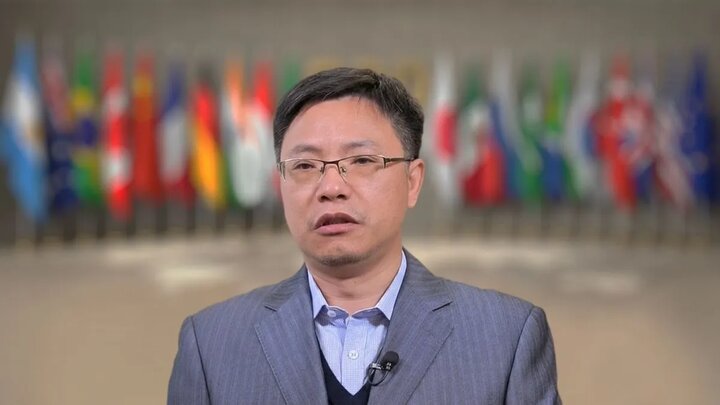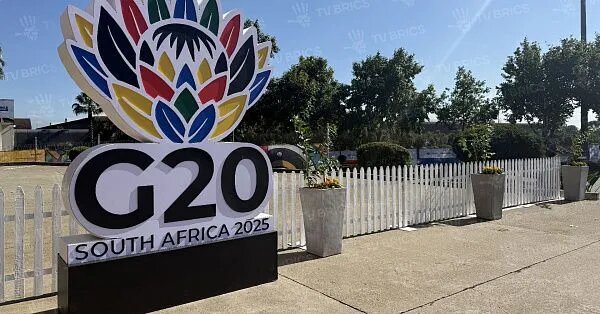-
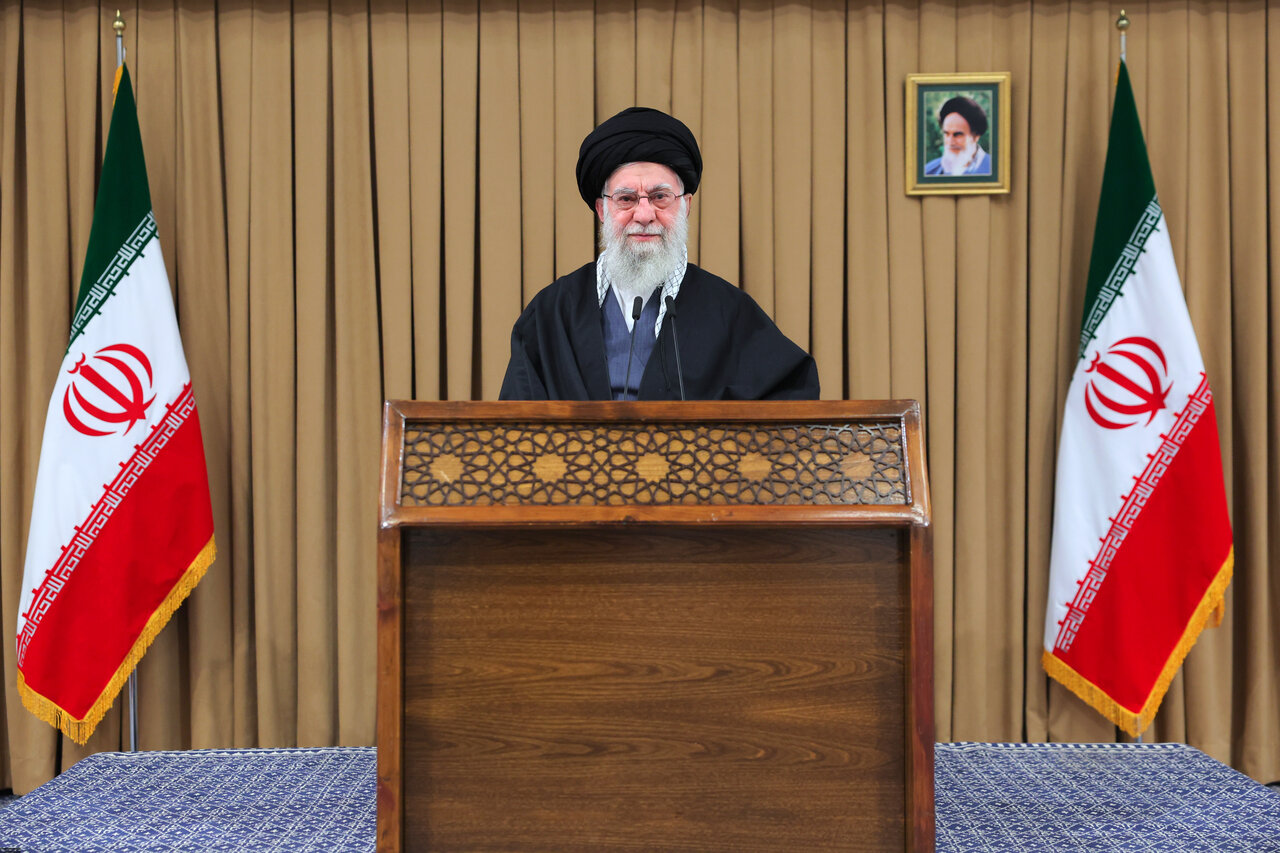 2025-11-28 21:57
2025-11-28 21:57
Leader: Reports of Iranian message to US ‘total lies’
June war proved Iran is a ‘center of determination and power’ unafraid of enemy saber-rattling
TEHRAN – Leader of the Islamic Revolution Ayatollah Seyyed Ali Khamenei delivered a televised speech on Thursday, addressing the Iranian nation on recent domestic, regional, and international developments.
-
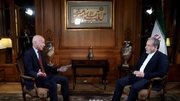
By Xavier Villar
Araghchi: Pressure will not determine Iran’s nuclear decisions
MADRID – Abbas Araghchi’s recent interview with France 24, during his visit to Paris, provides a clear window into how Iran projects power, manages its international relations, and balances domestic interests with complex regional dynamics.
-
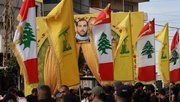
By Sondoss Al Asaad
Lebanon, one year after a sham “ceasefire”
BEIRUT — A year after the ceasefire was declared between Lebanon and Israel, the country remains suspended in a fragile limbo, caught between persistent security threats, entrenched political fractures, and mounting international pressures.
-
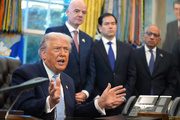
By Shahrokh Saei
Trump’s Venezuela war drums: Drug fight or oil grab?
TEHRAN – The latest statements from President Donald Trump mark one of the most serious escalations in the long confrontation between the United States and Venezuela.
-
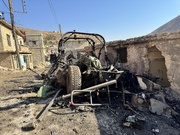
By Wesam Bahrani
Israeli troops injured amid deadly aggression on Syria
At least 10 Syrian civilians are killed
TEHRAN – Hebrew media reports that 13 Israeli troops have been injured in Syria after locals resisted another invasion.
-
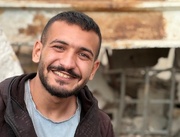
By Sahar Dadjoo
I wrote so that monsters wouldn’t erase me: Gazan author
Wasim Said tells Tehran Times his testimony began amid ruins of Beit Hanoun and continued through renewed attacks and starvation
TEHRAN- In the midst of Gaza’s devastation, where entire neighborhoods have vanished and the international community largely remains silent, young Palestinian writer Wasim Said has emerged as one of the clearest voices documenting a genocide as it unfolds.
Politics
-
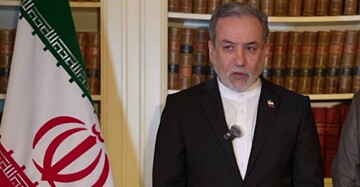
Iran and France don’t see eye to eye in Paris talks, but may meet again
TEHRAN – Abbas Araghchi, the Iranian foreign minister, and his French counterpart displayed no obvious bonhomie during their meeting in Paris this week. In fact, neither side published any footage or photos of the encounter. However, the diplomats are also not loath to repeat the meeting in the future.
-
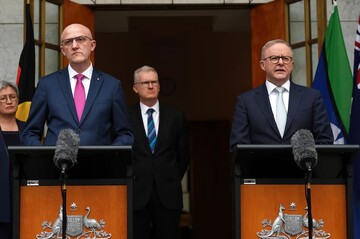
Canberra labels IRGC as ‘state sponsor of terror’ after Australian police reject allegations
TEHRAN – The Iranian Foreign Ministry has categorically condemned the Australian government’s stigmatizing of the Islamic Republic of Iran’s Guards Corps (IRGC), saying Tehran is set to adopt whatever measure necessary to protect the status and credibility of the Iranian Armed Forces against any “hostile labelling.”
-
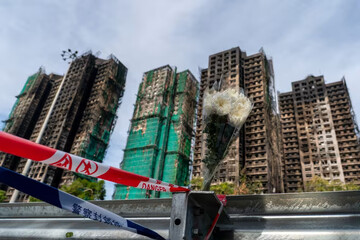
Tehran extends condolences after Hong Kong’s deadly blaze
TEHRAN – Iran’s Foreign Ministry on Friday expressed condolences to the families of victims of the catastrophic residential fire in Hong Kong, where at least 128 individuals have been confirmed dead and nearly 200 remain unaccounted for.
Sports
-
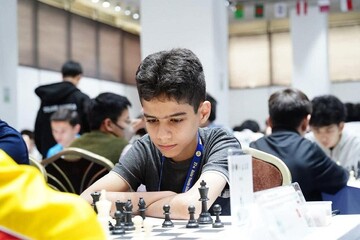
Iranian chess players win six medals at Asian Youth Championships 2025
TEHRAN – Iran claimed two gold and four bronze medals at the Asian Youth Chess Championships 2025.
-
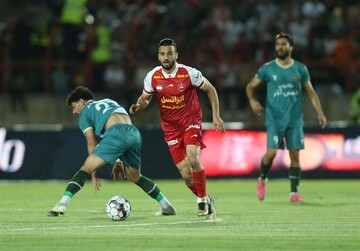
Persepolis defeat Shams Azar to move top: 2025/26 PGPL
TEHRAN – Persepolis football team defeated Shams Azar 2-1 to go provisionally top of the 2025/26 Iran’s Persian Gulf Professional League (PGPL) on Friday.
-

Iran beat Palestine in AFC U17 Asian Cup 2026 qualifier
TEHRAN - Iran came from behind to defeat Palestine 3-1 in their AFC U17 Asian Cup Saudi Arabia 2026 Qualifiers Group D tie on Friday.
Culture
-
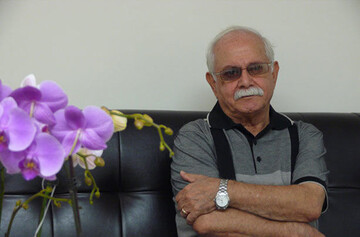
Veteran Gilan folk music singer Nasser Masoudi passes away at 90
TEHRAN- Nasser Masoudi, a legendary figure in Iranian folk music, particularly the traditional music of the northern province of Gilan, died on Thursday at the Arya Hospital in Rasht after months of illness and advancing age. He was 90.
-
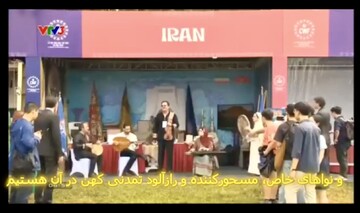
Melodies from Persia: Iranian music builds bridges of soul at Vietnam's cultural festival
TEHRAN- An Iranian musical ensemble graced an international cultural festival in Hanoi, Vietnam, a prestigious event featuring participants from over fifty nations. The prominent Vietnamese broadcasting channel VTV3, owned by the Vietnamese Television, dedicated a segment to this celebrated group, showcasing Iran's profound artistic heritage.
-
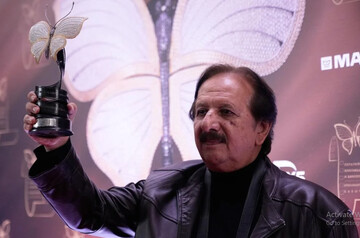
Majid Majidi receives award for outstanding contribution to cinema in Moscow
TEHRAN – Globally-renowned Iranian filmmaker Majid Majidi received an award for outstanding contribution to cinema at the first Diamond Butterfly Open Eurasian Film Award in Moscow, Russia, on November 27.
Economy
-

Iranian trade mission eyes industrial revival, investment opportunities in Cuba
TEHRAN – An Iranian business delegation has opened discussions in Havana on a series of potential investment projects aimed at reviving Cuba’s stalled industrial capacity, expanding bilateral trade and strengthening cooperation in key sectors ranging from sugar and cement to mining, steel and pharmaceuticals.
-

Iran, Afghanistan discuss ways to remove barriers in mutual trade
TEHRAN- Iran’s minister of industry, mining, and trade, during a meeting with his Afghan counterpart in Istanbul, emphasized the removal of trade barriers between the two countries.
-

Industrial parks, new players in energy optimization
TEHRAN- The Director General of the Office for Coordination, Design, Measurement, and Validation of the Renewable Energy and Energy Efficiency Organization (SATBA) stated: Industrial estates can benefit from the advantages by participating in consumption optimization plans and receiving energy saving certificates.
Society
-
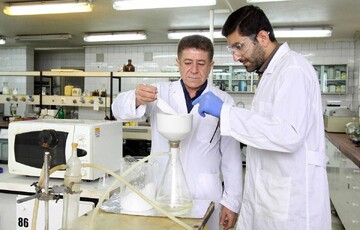
Over 1,140 Iranians among world’s 1% most-cited researchers
TEHRAN –A total of 1,142 Iranian researchers have been recognized among the world’s top one percent most-cited researchers in 2025, compared to 1,056 identified researchers in 2024, according to the Islamic World Science Citation (ISC) Institute.
-
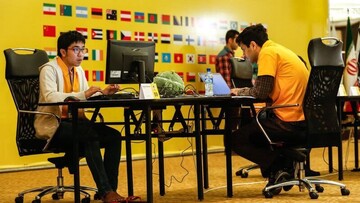
Rayan intl. AI, programming contest wraps up
TEHRAN – The final round of the Rayan international artificial intelligence and programming contest was held on Friday at Sharif University of Technology in Tehran, with participants from 25 countries.
-
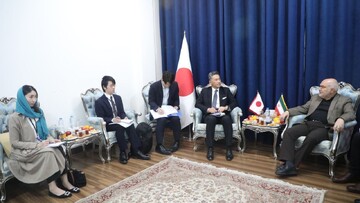
Japan ready to implement environmental projects in Khuzestan
TEHRAN – Japanese Ambassador to Iran, Tamaki Tsukada, has voiced his country’s readiness to implement environmental protection projects in the southwestern Khuzestan Province, particularly in areas related to water and waste management.
Tourism
-
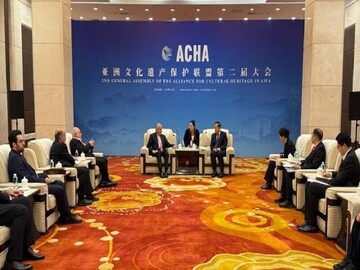
Tourism minister delivers Pezeshkian’s message calling for enhanced ties with China
TEHRAN--Iran’s Minister of Cultural Heritage, Tourism, and Handicrafts Reza Salehi-Amiri has delivered a message from President Masoud Pezeshkian to his Chinese counterpart Xi Jinping, which emphasized the need to further strengthen relations between the two countries in cultural heritage, tourism, and handicrafts.
-
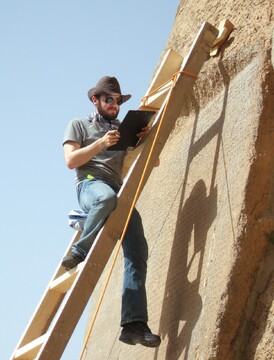
Groundbreaking research reveals two-thirds of Babylonian Bisotun inscription may be lost
A new study published in the journal IRAQ has cast doubt on the long-accepted completeness of the Babylonian version of the famous Bisotun (Behistun) Inscription, one of the most important trilingual records of the ancient world.
-
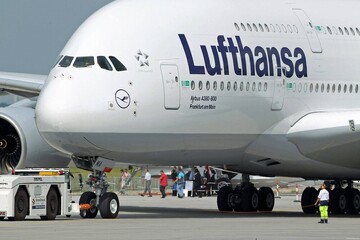
Lufthansa to resume flights to Iran from January 16, 2026
TEHRAN – Lufthansa said it is set to resume flights to Iran on Jan. 16, 2026, following security and operational assessments carried out in coordination with Iranian aviation authorities.
International
-

Lebanon, one year after a sham “ceasefire”
BEIRUT — A year after the ceasefire was declared between Lebanon and Israel, the country remains suspended in a fragile limbo, caught between persistent security threats, entrenched political fractures, and mounting international pressures.
-

Trump’s Venezuela war drums: Drug fight or oil grab?
TEHRAN – The latest statements from President Donald Trump mark one of the most serious escalations in the long confrontation between the United States and Venezuela.
-

Israeli troops injured amid deadly aggression on Syria
TEHRAN – Hebrew media reports that 13 Israeli troops have been injured in Syria after locals resisted another invasion.
Video Comment
-

Academics analyze social dimensions of Resistance in Tehran conference
-
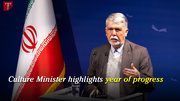
Culture minister highlights year of progress in arts, global image enhancement
-
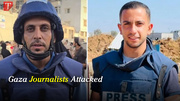
Gazan Journalists attacked by Israel
-
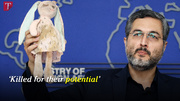
Brother of Iranian scientist murdered in Israeli strike speaks out
-
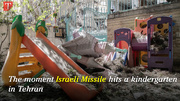
Footage shows Israel hit a kindergarten in Tehran
Most Viewed
-
Leader: Reports of Iranian message to US ‘total lies’
-
Iran not to attend 2026 World Cup draw
-
China urges U.S. to remove illegal, unilateral sanctions on Venezuela
-
Araghchi: Pressure will not determine Iran’s nuclear decisions
-
Tehran reacts after terrorists are given chance to pursue Israeli agenda at UN
-
Iran and France don’t see eye to eye in Paris talks, but may meet again
-
Trump’s Venezuela war drums: Drug fight or oil grab?
-
Basij launches large-scale drills in Tehran, other major cities
-
Iran, Afghanistan discuss ways to remove barriers in mutual trade
-
I wrote so that monsters wouldn’t erase me: Gazan author
-
Iranian trade mission eyes industrial revival, investment opportunities in Cuba
-
Iran, Russia, Azerbaijan expand railway co-op in North-South Corridor with MOU
-
Esteghlal, Al Wasl share spoils in 2025/26 ACL Two
-
Israeli troops injured amid deadly aggression on Syria
-
Lufthansa to resume flights to Iran from January 16, 2026
